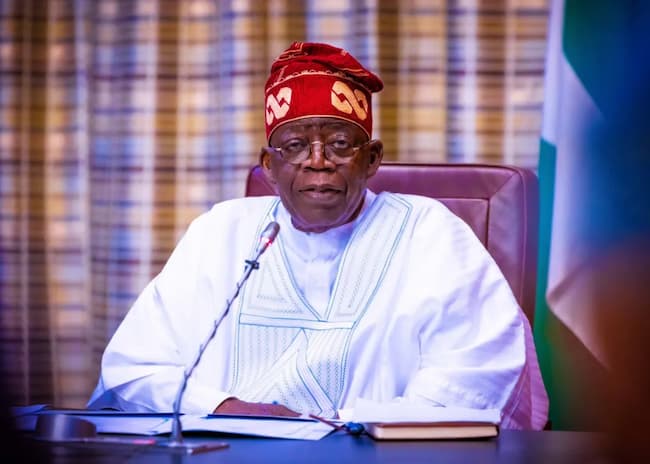The Federal Government has initiated a comprehensive audit of the N2.7 trillion fuel subsidy claim by the Nigerian National Petroleum Company Limited (NNPCL). This audit, spearheaded by the Office of the Auditor General of the Federation, aims to verify the legitimacy of the claims made by the corporation regarding the government’s outstanding debt to the oil firm.
Previously, an audit by KPMG had reduced the initial subsidy claims from N6 trillion to N2.7 trillion. The new audit, confirmed by Ali Mohammed, Director of Home Finance, during the April 2024 Federal Account Allocation Committee (FAAC) meeting, seeks to provide further clarity and accuracy.
The audit will cover the period from 2015 to 2021, scrutinizing the authenticity of NNPC’s claims on the N2.7 trillion subsidy debt. An update on the progress of this audit is expected at the May FAAC meeting.
On May 30, 2023, following President Bola Tinubu’s declaration that “subsidy is gone,” NNPCL Group Chief Executive Officer Mele Kyari disclosed that the federal government owed the company N2.8 trillion for fuel subsidy payments. Kyari explained that NNPCL had been funding the subsidy from its cash flow due to the government’s inability to settle the debt.
Despite these claims, FAAC meeting minutes reveal that the government has commenced an audit of the N2.6 trillion subsidy claim. The minutes state, “The Director, Home Finance informed members that the process of the forensic audit of NNPC Limited as reported at the last meeting was in progress. He assured that an update would be provided on the matter at the next meeting.”
Additionally, FAAC members expressed frustration over NNPCL’s refusal to comply with the revised exchange rate of N693.50/$1 for converting federation revenue. The NNPCL has reportedly resisted adhering to the Central Bank of Nigeria’s (CBN) revised exchange rates from May 2023.
The Vice Chairman of the Post-Mortem Sub-committee warned that if NNPCL continues to disregard the agreed rate without presenting any authority, FAAC might take action to recover the federation funds. The sub-committee had found a significant discrepancy in the exchange rate differential for June to December 2023, amounting to N937.96 billion, in contrast to NNPCL’s claim of N1.68 trillion.
NNPCL was urged to provide authorization for the use of a weighted average exchange rate on PMS Dollar payments. In response, NNPCL requested the sub-committee to write officially to facilitate the release of the National Economic Council’s approval on the issue.
Akinola Ojo, Oyo State Commissioner for Finance, suggested that if a resolution is not reached by next month, NNPCL should be made to refund the contested amounts. The ongoing audit and negotiations highlight the government’s commitment to transparency and accountability in managing the nation’s fuel subsidy regime.













